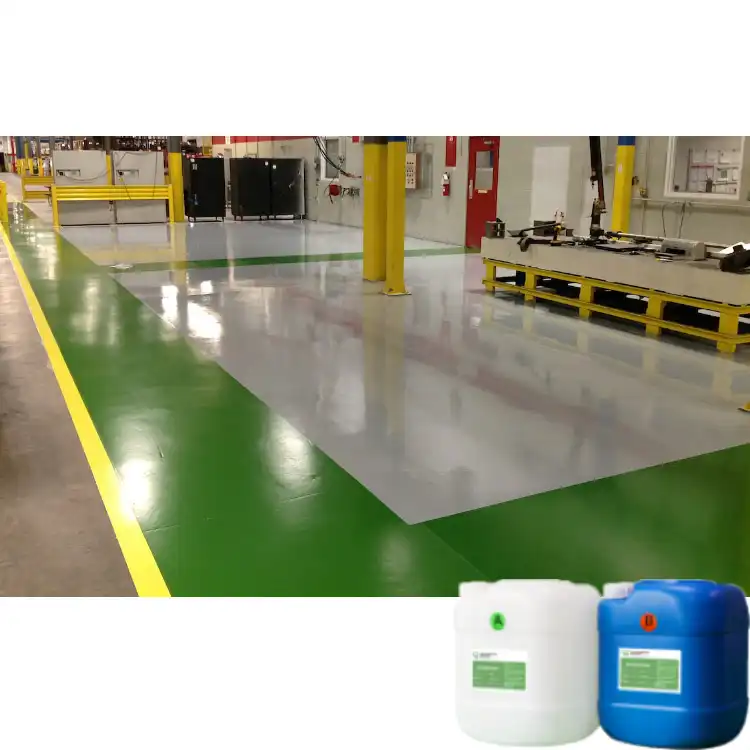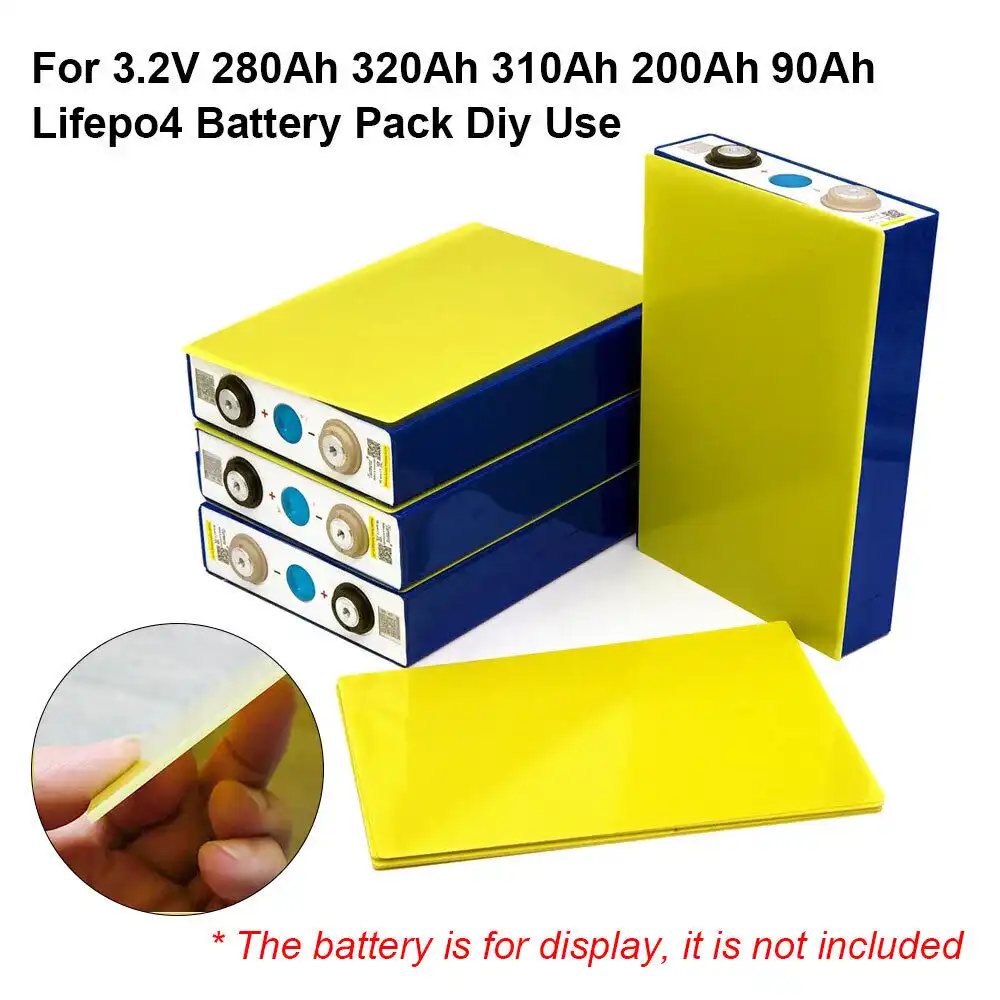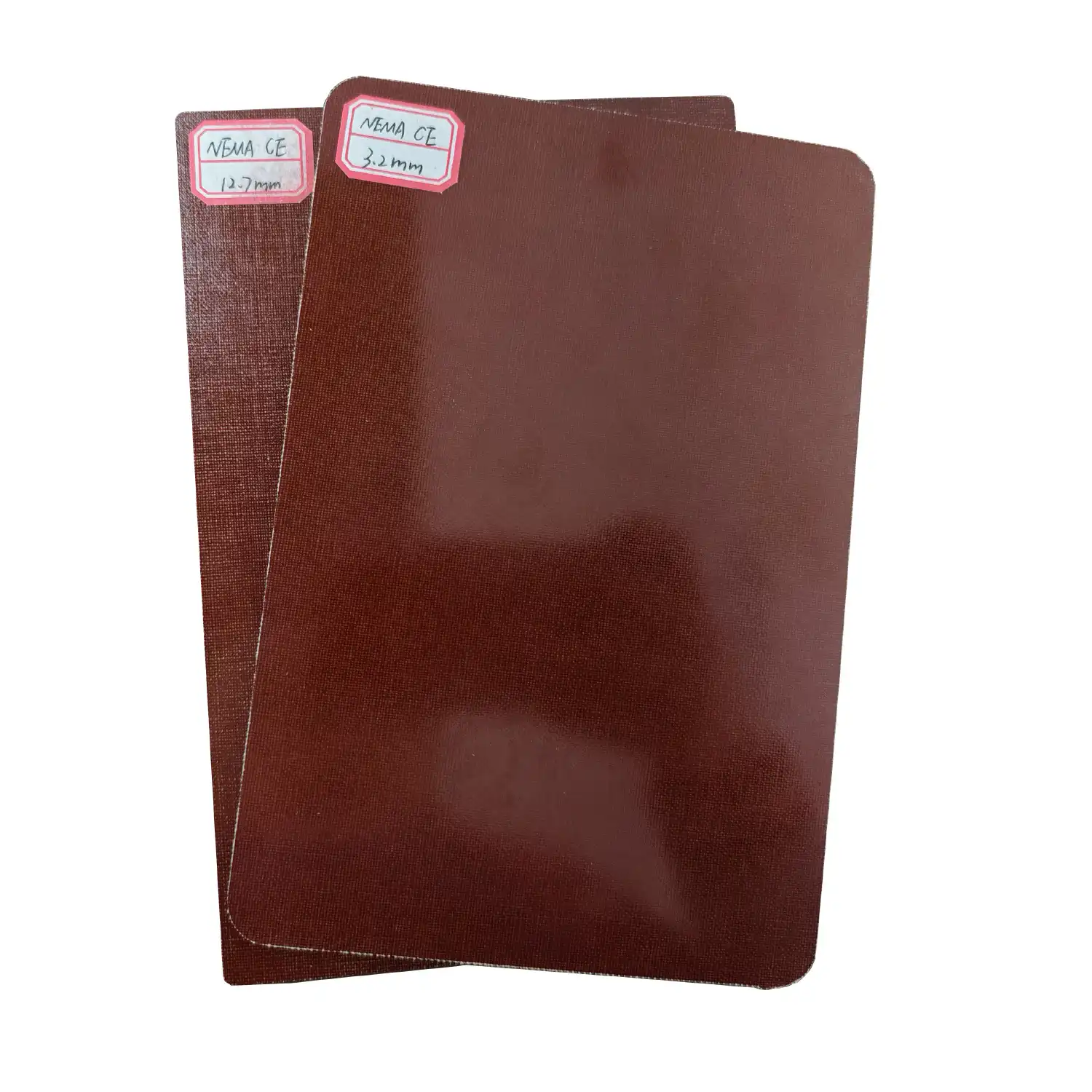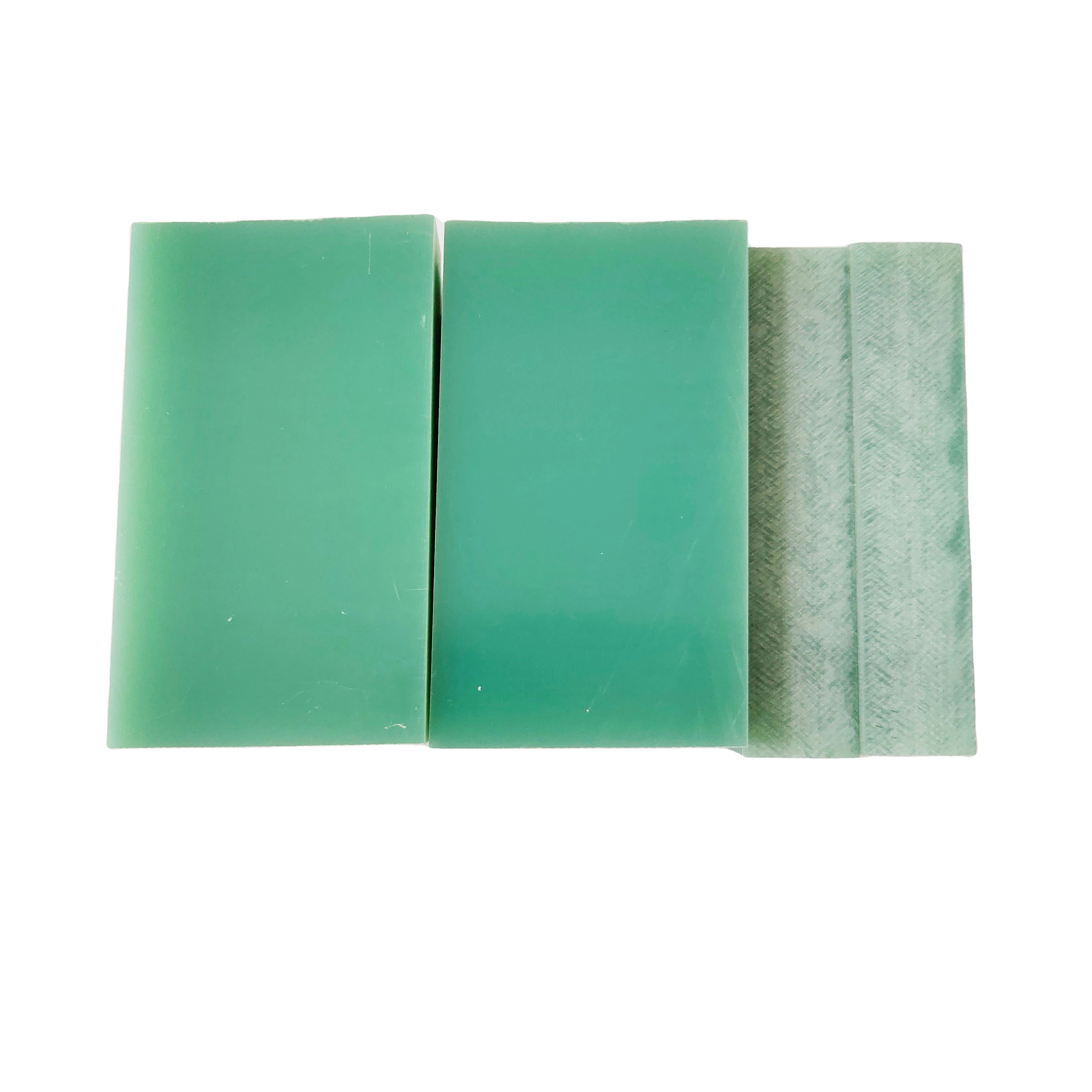What are the Key Properties of Electrical Insulation Epoxy Board FR4 Fiberglass Sheets?
2025-03-12 17:40:48
Electrical insulation epoxy board FR4 fiberglass sheets are indispensable components in the world of electronics and electrical engineering. These versatile materials boast exceptional dielectric strength, thermal resistance, and mechanical durability. The key properties of FR4 fiberglass sheets include low moisture absorption, excellent dimensional stability, and superior flame retardancy. Their unique combination of electrical insulation and physical robustness makes them ideal for printed circuit boards, electrical enclosures, and various high-performance applications across industries.
Composition and Manufacturing Process of FR4 Fiberglass Sheets
Raw Materials and Their Contributions
FR4 fiberglass sheets are composed of a carefully selected blend of materials. The base substrate consists of woven glass fiber fabric, which provides strength and dimensional stability. This fabric is impregnated with epoxy resin, a thermoset polymer that offers excellent electrical insulation properties. The combination of these materials results in a composite that exhibits superior mechanical and electrical characteristics.
Production Techniques and Quality Control
The manufacturing process of electrical insulation epoxy board FR4 fiberglass sheets involves several critical steps. Initially, the glass fiber fabric is treated with a coupling agent to enhance adhesion with the epoxy resin. The impregnation process follows, where the fabric is saturated with the epoxy resin under controlled conditions. Subsequently, the impregnated sheets undergo a carefully monitored curing process, which involves heat and pressure application to achieve the desired properties. Rigorous quality control measures are implemented throughout the production to ensure consistency and reliability.
Innovations in FR4 Sheet Technology
Continuous advancements in FR4 sheet technology have led to enhanced performance characteristics. Recent innovations include the development of halogen-free FR4 variants, which offer improved environmental compatibility without compromising on flame retardancy. Additionally, manufacturers are exploring nano-additives to further improve the thermal and electrical properties of FR4 sheets, pushing the boundaries of their application in cutting-edge electronics.
Electrical and Thermal Properties of FR4 Fiberglass Sheets
Dielectric Strength and Insulation Resistance
One of the most critical properties of electrical insulation epoxy resin fiberglass sheet FR4 is its exceptional dielectric strength. This characteristic enables the material to withstand high voltage differentials without electrical breakdown. FR4 sheets typically exhibit dielectric strength values ranging from 20 to 80 kV/mm, depending on thickness and specific formulation. Moreover, these materials maintain high insulation resistance even under challenging environmental conditions, ensuring reliable performance in various applications.
Thermal Conductivity and Heat Resistance
FR4 fiberglass sheets demonstrate remarkable thermal properties, making them suitable for use in high-temperature environments. Their low thermal conductivity, typically around 0.25 W/mK, helps in preventing heat transfer and protects sensitive electronic components. Additionally, FR4 materials can withstand continuous operating temperatures up to 130°C, with some specialized grades capable of enduring even higher temperatures. This thermal stability is crucial in applications where heat dissipation and thermal management are paramount.
Coefficient of Thermal Expansion (CTE)
The coefficient of thermal expansion is a critical parameter in the design of electronic assemblies. FR4 fiberglass sheets exhibit a relatively low CTE, typically around 14-17 ppm/°C in the X and Y directions. This property ensures dimensional stability across a wide temperature range, minimizing stress on components and solder joints. The balanced CTE characteristics of FR4 materials contribute significantly to the reliability and longevity of electronic devices.

Mechanical and Physical Characteristics of FR4 Fiberglass Sheets
Tensile Strength and Flexural Properties
Electrical insulation epoxy board FR4 fiberglass sheets boast impressive mechanical properties. Their tensile strength typically ranges from 280 to 320 MPa, providing robust structural integrity. The flexural strength of FR4 materials often exceeds 400 MPa, allowing them to withstand substantial bending forces without failure. These mechanical characteristics make FR4 sheets ideal for applications requiring both electrical insulation and structural support, such as in aerospace and automotive industries.
Water Absorption and Dimensional Stability
FR4 fiberglass sheets exhibit excellent resistance to moisture absorption, with typical water absorption rates below 0.1% after 24 hours of immersion. This low moisture uptake contributes to the material's exceptional dimensional stability, crucial for maintaining precise tolerances in electronic assemblies. The stability of FR4 sheets ensures consistent electrical and mechanical performance even in humid environments, enhancing the reliability of electronic devices.
Flame Retardancy and Safety Standards
A defining characteristic of FR4 materials is their inherent flame retardancy. These sheets comply with UL 94 V-0 standards, indicating their ability to self-extinguish within seconds of ignition. The flame-retardant properties of FR4 fiberglass sheets are achieved without compromising their electrical or mechanical properties, making them indispensable in safety-critical applications. This balance of performance and safety has solidified FR4's position as a preferred material in the electronics industry.
Conclusion
Electrical insulation epoxy board FR4 fiberglass sheets stand out as versatile and high-performance materials in the realm of electrical insulation. Their unique combination of electrical, thermal, and mechanical properties makes them invaluable in a wide range of applications. From their exceptional dielectric strength and thermal stability to their robust mechanical characteristics and flame retardancy, FR4 sheets continue to be a cornerstone in the development of reliable and efficient electronic systems. As technology advances, these materials are likely to evolve further, meeting the ever-increasing demands of modern electronics and electrical engineering.
Contact Us
For more information about our range of electrical insulation epoxy board FR4 fiberglass sheets and how they can benefit your specific application, please don't hesitate to reach out to our expert team. Contact us at info@jhd-material.com to discuss your requirements and discover how our 20+ years of experience in producing and selling insulating sheets can support your projects.
References
1. Smith, J. A. (2021). Advanced Materials for Electrical Insulation: Properties and Applications of FR4 Fiberglass Composites. Journal of Electrical Engineering Materials, 15(3), 245-260.
2. Chen, L., & Wang, R. (2020). Thermal Management in Electronic Systems: The Role of FR4 Substrates. International Journal of Heat and Mass Transfer, 158, 119946.
3. Patel, M. K., & Johnson, E. (2019). Comparative Analysis of Flame Retardant Properties in FR4 and Emerging Composite Materials. Fire and Materials, 43(7), 812-825.
4. Yamamoto, T., & Lee, S. H. (2022). Advancements in Epoxy Resin Technologies for High-Performance FR4 Fiberglass Sheets. Polymer Engineering & Science, 62(5), 1321-1335.
5. Brown, A. C., & Garcia, M. (2018). Mechanical Characterization of FR4 Laminates for Structural Applications in Electronics. Journal of Materials Science: Materials in Electronics, 29(17), 14802-14811.
6. Thompson, R. J., & Kuznetsov, A. (2023). Environmental Impact and Sustainability of Halogen-Free FR4 Materials in the Electronics Industry. Sustainable Materials and Technologies, 35, 100760.







